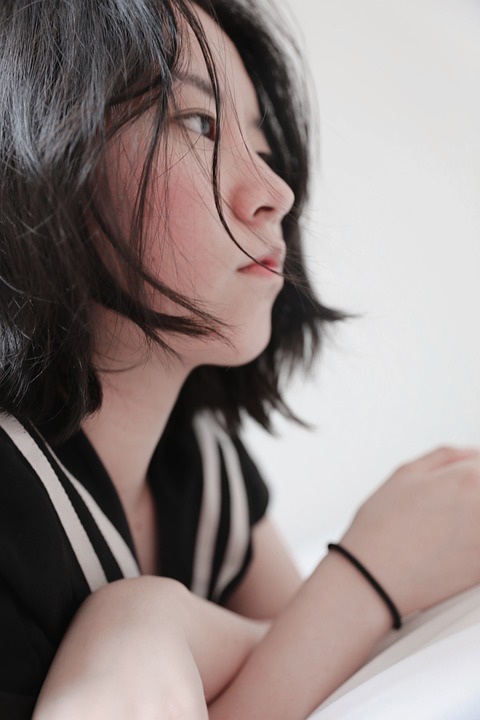
Korean cinema has gained international recognition in recent years for its unique storytelling and visually stunning films. One aspect that sets Korean cinema apart is its exploration of gender roles and representations. Historically, Korean cinema has been dominated by male perspectives and stereotypes, but in recent years, there has been a shift towards more diverse and authentic portrayals of women, breaking stereotypes and empowering voices. In this article, we will explore the evolution of gender representation in Korean cinema and the impact it has had on the industry and society at large.
The History of Gender Representation in Korean Cinema
Historically, Korean cinema has been dominated by male perspectives and conventional gender roles. Women were often relegated to supporting roles, playing stereotypical characters such as the obedient wife, the femme fatale, or the innocent virgin. These representations were limiting and did not accurately reflect the diverse experiences of Korean women. However, in recent years, there has been a noticeable shift towards more complex and authentic portrayals of women in Korean cinema.
Rise of Female Filmmakers
One of the most significant developments in Korean cinema has been the rise of female filmmakers who are challenging traditional gender roles and stereotypes through their work. Directors such as Park Chan-wook, Bong Joon-ho, and Lee Chang-dong have gained international acclaim for their bold and innovative storytelling, but female directors like Hong Sang-soo, Na Hong-jin, and Kim Ki-duk have also been making waves in the industry. These female filmmakers are bringing fresh perspectives and diverse voices to Korean cinema, creating a more inclusive and representative film landscape.
Breaking Stereotypes
One of the most prominent trends in modern Korean cinema is the breaking of traditional gender stereotypes. Female characters are no longer confined to the roles of passive love interests or victims, but are instead portrayed as complex, multidimensional individuals with agency and power. Films like “The Handmaiden” and “Lady Vengeance” depict women who are strong, independent, and capable of taking control of their own destinies. These films challenge societal norms and expectations, empowering women to defy traditional gender roles and assert their own identities.
The Impact of Gender Representation in Korean Cinema
The evolution of gender representation in Korean cinema has had a profound impact on the industry and society at large. By breaking stereotypes and empowering voices, Korean filmmakers are challenging traditional notions of gender and creating a more inclusive and diverse film landscape. This shift in representation has not only led to more nuanced and authentic portrayals of women on screen but has also opened up opportunities for female filmmakers to tell their own stories and perspectives.
Social Change
The changing landscape of gender representation in Korean cinema has had ripple effects on society, leading to greater awareness and discussions about gender equality and representation. By showcasing strong and complex female characters on screen, Korean filmmakers are challenging societal norms and expectations, inspiring women to break free from restrictive gender roles and assert their own identities. This has sparked important conversations about gender inequality and the need for more diverse and inclusive representations in media.
Industry Impact
The shift towards more diverse and authentic portrayals of women in Korean cinema has also had a significant impact on the industry itself. Female filmmakers are gaining recognition and opportunities to tell their stories, breaking down barriers and challenging the male-dominated status quo. This has led to a more dynamic and inclusive film industry, with a wider range of voices and perspectives being represented on screen. As a result, Korean cinema is becoming more reflective of the diverse experiences and identities of its audience, leading to a richer and more engaging cinematic landscape.
Conclusion
The evolution of gender representation in Korean cinema is an important and ongoing process that is reshaping the industry and society at large. By breaking stereotypes and empowering voices, Korean filmmakers are challenging traditional gender roles and creating a more inclusive and diverse film landscape. The rise of female filmmakers and the portrayal of strong and complex female characters on screen are leading to greater awareness and discussions about gender equality and representation. As the industry continues to evolve, it is crucial that we support and celebrate diverse voices and perspectives in Korean cinema, ensuring that everyone has the opportunity to tell their stories and be heard.
Through the power of storytelling, Korean cinema has the potential to inspire social change and empower individuals to challenge societal norms and expectations. By representing the diverse experiences and identities of women on screen, Korean filmmakers are paving the way for a more inclusive and equitable future for all.